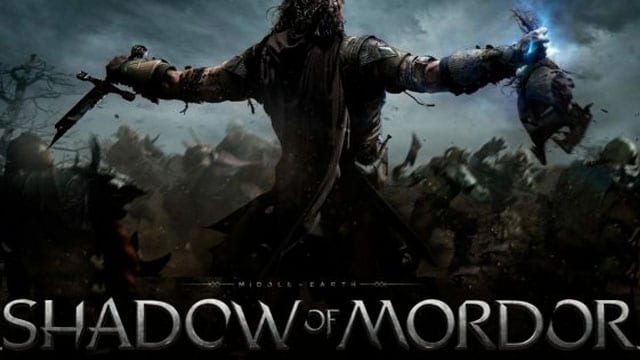Warner Bros and the Federal Trade Commission (FTC) have reached a settlement over charges that the publisher “deceived customers” with a late-2014 marketing campaign for Middle Earth: Shadow of Mordor. In a failure of disclosure that is being exposed with increasing regularity, Warner Bros paid YouTube ‘influencers’, including PewDiePie, thousands of dollars to post uncritical gameplay videos of the (then) upcoming title.
As ever in these cases, the YouTube videos either completely failed to disclose the payment, or (in some cases) hid the ‘disclosure’ beneath the fold of the video description. FTC rules on disclosure say that admissions of sponsorship must appear “clearly and conspicuously” within the video itself, where viewers are likely to actually see it.
“Consumers have the right to know if reviewers are providing their own opinions or paid sales pitches,” says FTC Bureau of Consumer Protection Director Jessica Rich. “Companies like Warner Brothers need to be straight with consumers in their online ad campaigns.”
According to the complaint filed with the FTC, the instruction to place disclosure in video descriptions (rather than the video itself) came from Warner Bros themselves. When those YouTube videos were posted on Facebook and Twitter, the ‘Show More’ description button didn’t even appear, making it impossible for viewers to see the sponsorship disclosures.
In addition, the complaint states that in some cases YouTubers only disclosed that they had received early copies of Shadow of Mordor, not that they were being paid by the publisher to promote it.
The proposed order agreement settling the FTC charges was passed by the Commission in a vote of 3-0. The public will now be able to offer comment on the agreement for the next 30 days (until 10 August 2016), after which the FTC will decide whether to make it final.
The agreement, “prohibits Warner Bros from misrepresenting that any gameplay videos disseminated as part of a marketing campaign are independent opinions or the experiences of impartial video game enthusiasts.” It also requires the publisher to “clearly and conspicuously” disclose any material connection between Warner Bros and endorsers.
Further, it states that Warner Bros must take steps to comply in any future marketing campaigns. These steps include “educating influencers regarding sponsorship disclosures, monitoring sponsored influencer videos for compliance, and, under certain circumstances, terminating or withholding payment from influencers or ad agencies for non-compliance.”
The FTC emphasis on Warner Bros (rather than YouTubers themselves) in this case appears to be because the instructions for disclosure from Warner Bros themselves were entirely inadequate. This settlement also shows that the wheels can turn fairly slowly at the FTC, so don’t expect rapid progress on the CSGOLotto affair.







Published: Jul 11, 2016 07:24 pm